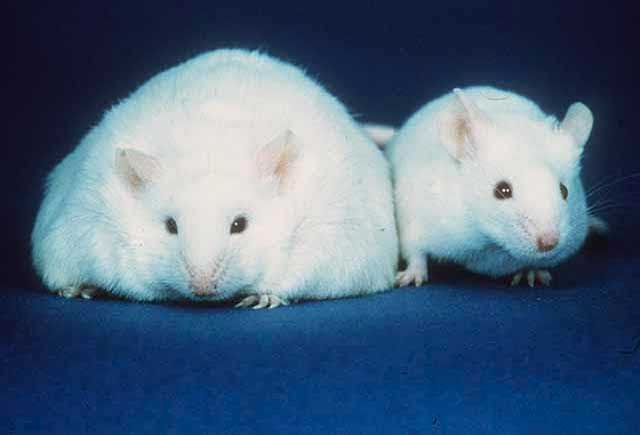Introduction
Cancer is in a class of diseases that is known worldwide. As it is, most people have probably, whether directly or indirectly, been involved with a form of cancer at some point in their life. This can be said as there are known to be over 100 various types of cancer, some more common than others. They can be either benign or malignant, and do not all appear with the same symptoms. Malignant tumors are worse than benign tumors as the cells can rapidly multiply and spread into the nearby tissue, while benign tumors do not spread, making them easier to remove. Cancer risk can be increased by various conditions and substances. Different types of radiation have been known to increase risk, such as UV rays, and X-rays. Recent research has also been looking into whether weight can affect people’s chances of contracting some forms of cancer, looking into obese people in particular.
Obesity
Obesity is becoming more and more common in many societies today, and is usually described as having an unhealthy amount of body fat that could potentially lead to health problems. Between the years of 2011 and 2014 it was found that approximately 70% of Americans above the age of 20 were considered to be overweight or obese. This means that it is not a concern for only a few people. The extra body fat can affect the functionality of many cells in the body and this can lead to the production of harmful hormones, and in many cases, raises the individuals chances of obtaining certain diseases. It is believed that out of 20 cases of cancer found in the UK, that 1 will be linked to obesity.
Obesity and Cancer
It has been found that the metabolic activities of the human body can have an effect on people in regards to their risk level. The higher an individual’s body fat, the lower their metabolism tends to be. There was found to be the activation of ATM in obese individuals, that helped bring interest to people in regards to finding a connection to obesity and various diseases. The activated ATMs in the body were discovered to be effectors of inflammatory responses, and the following inflammation would lead to further metabolic dysfunction. It has also been researched that in obese individuals, mutations of oncogenic DNA can occur. These mutations alongside the mutation of tumor suppressors can lead to massive cell proliferation. Everything acts as a chain of reactions with increased body mass being the starting point. Tumorigenesis is driven by the work of mutated enzymes that act for metabolism. This gives cancer genes the ability to regulate the growth and proliferation of their own cells.
Specific Connections between Cancer and Obesity
In women alone, a link between breast cancer in particular and obesity has been found. It was found in a study that women considered obese, with a high BMI, had approximately double the amount of deaths due to breast cancer than other women who had lower BMI and also had breast cancer. Larger women were more at risk for lymph node metastasis and were also noted to have more concern for larger tumors. This risk also goes up if breast cancer common in the family and can be traced back through further generations. This risk also seems to be increased more so in women after menopause rather than before, meaning it is more of a risk for older women. The excess body fat in both men and women can have an effect on hormone levels, as mentioned earlier, and in the case of breast cancer, the increased estrogen can be seen as very harmful. In men it can also increase testosterone levels and in both male and females, insulin levels can be changed as well. With so many hormone effects, it is obvious that obesity does not only affect cancer in women. It can also be linked to many other cancers, such as cancer of the colon and rectum, the kidney, the pancreas, and the esophagus. There are more still, but these are just a few that known to be linked with obesity. On top of this list, there are other cancers that are believed to be linked to obesity but research is not yet sure at this point in time. Many of the links, although being researched, are still difficult to understand and so it is hard to say just how many known cancers are linked to obesity at the moment.
So What Now
We are now aware that obesity is in fact linked to several types of cancer, so the question here, is whether losing weight will help to reduce the risk of cancer. The majority of information pertaining to this question comes from case studies as well as observational studies and therefore may not be completely accurate. Despite this though, there does seem to be a positive correlation between decreased risk and losing weight. Of course this is confirmed with a few types of cancer, those being breast cancer, prostate cancers, and colon cancer, as well as a few others. The thought behind losing weight, is that the individuals hormone levels will go down as a result and in the process will also decrease their risk factor.
Conclusion
Of course there is much to contemplate when considering the several types cancers known around the world, as well as all the risks involved with each, but at least with this knowledge we can hopefully begin to make progress in the right direction. Knowing that something is a risk may not be enough for everyone to make changes, but it will hopefully be enough for some and I believe this information could help us to move towards a healthier future.



Recent Comments